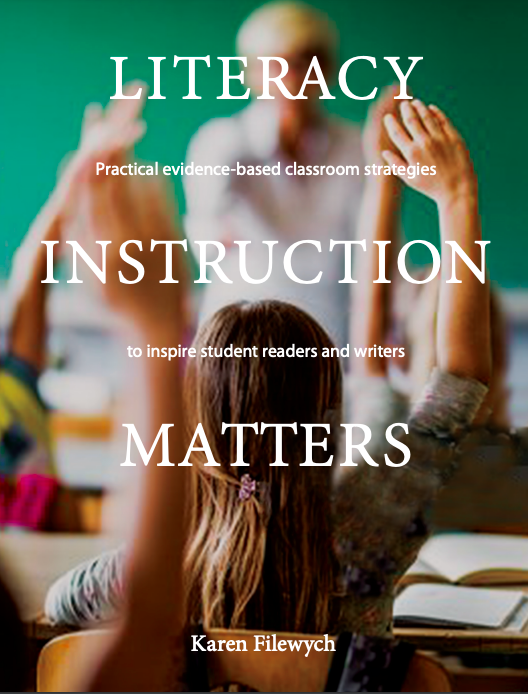Last fall, during a monthly session with a group of literacy leads, they were sharing the reality of inconsistent student attendance and late arrivals. We discussed ways of enticing and encouraging students to come to school every day and on time. Making connections, adjusting our schedules, doing something that students perceive as ‘fun’ and ‘engaging’ first thing in the morning… whatever it takes!
After our most recent session, one of these teachers shared her success story. She had noticed lower attendance in her class on Mondays. Her solution: Maskihkiwâpoy Mondays. Maskihkiwâpoy is the Cree word for tea. Her students now look forward to Mondays as they know they will begin the day sharing tea with their teacher and classmates.
By chance, the teacher discovered this book a few weeks ago at teachers’ convention: Tea Is Love. The students in her class could have written this book since, for months now, their teacher has demonstrated: tea is love.

When our students attend school consistently, they are much more likely to find success in learning. This teacher did what it takes. What lucky students!

